10 American Football Players With Dementia
While football is a beloved sport in America, it is no secret that it comes with a high risk of head injuries, which can lead to serious long-term health consequences, including dementia.
According to a study published in the Journal of the American Medical Association (JAMA) in 2017, out of 202 deceased American football players whose brains were donated for research, 177 had evidence of chronic traumatic encephalopathy (CTE), a degenerative brain disease that can cause dementia and other cognitive problems.
The good news is, athletes are doing their part to spread awareness about this condition. They are also making contributions on the medical side of things. According to a report by the Concussion Legacy Foundation, as of 2020, more than 2,800 former NFL players and other athletes have pledged to donate their brains for CTE research.
In this blog post, we will take a closer look at some of the American football players who have been diagnosed with dementia and the impact it has had on their lives and families.
Here are some American football players who have been diagnosed with dementia and their struggles with the condition
1. Mike Webster
Mike Webster was a former NFL player who played for the Pittsburgh Steelers from 1974 to 1988. He was known as one of the greatest centers in NFL history and was inducted into the Pro Football Hall of Fame in 1997. However, in his later years, Webster struggled with dementia and other health issues, which were attributed to his years of playing football. He passed away in 2002 at the age of 50.
2. Junior Seau
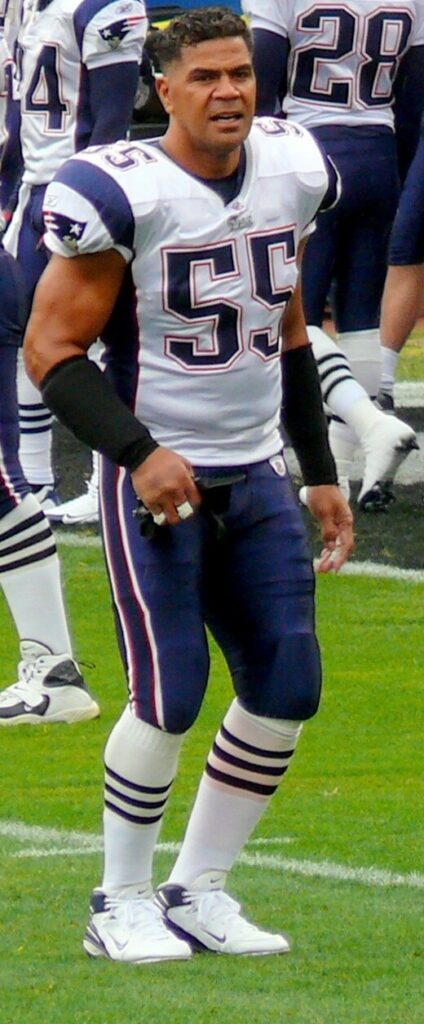
Junior Seau was a former NFL linebacker who played for the San Diego Chargers, Miami Dolphins, and New England Patriots. He was known for his hard hits and was selected to the Pro Bowl 12 times. However, in 2012, Seau committed suicide, and it was later revealed that he had been diagnosed with chronic traumatic encephalopathy (CTE), a degenerative brain disease often associated with repeated head injuries.
3. Brett Favre

Brett Favre is a former NFL quarterback who played for the Green Bay Packers, New York Jets, and Minnesota Vikings. He was known for his durability and toughness on the field, but in recent years, he has spoken openly about the toll that playing football has taken on his body and brain. In 2020, Favre revealed that he had been diagnosed with multiple concussions and had experienced memory loss and other symptoms of dementia.
4. Tony Dorsett
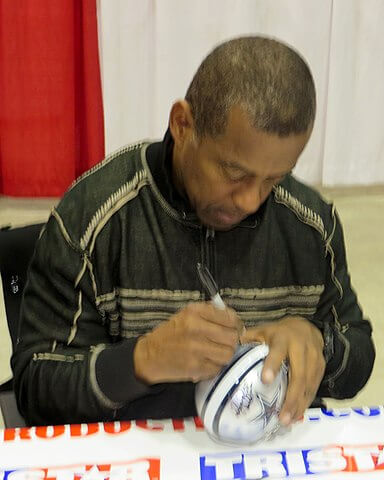
Tony Dorsett is a former NFL running back who played for the Dallas Cowboys and Denver Broncos. He was known for his speed and agility on the field and was inducted into the Pro Football Hall of Fame in 1994. However, in 2013, Dorsett revealed that he had been diagnosed with signs of chronic traumatic encephalopathy (CTE), which he attributed to his years of playing football. He has since struggled with memory loss and other symptoms of dementia.
5. Frank Gifford
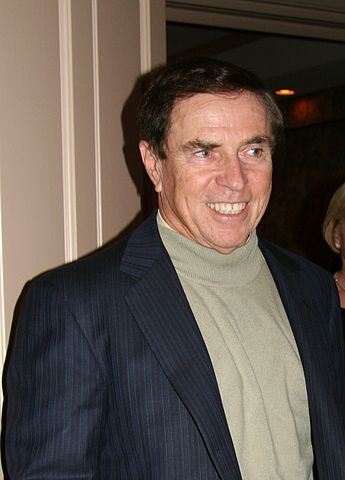
Frank Gifford was a former NFL player who played for the New York Giants from 1952 to 1964. He was known for his versatility on the field, playing multiple positions throughout his career. However, in his later years, Gifford struggled with dementia and other health issues, which he attributed to his years of playing football. He passed away in 2015 at the age of 84.
6. Dwight Clark
Dwight Clark was a former NFL wide receiver who played for the San Francisco 49ers from 1979 to 1987. He is best known for making “The Catch,” a game-winning touchdown reception in the 1981 NFC Championship Game. However, in 2017, Clark revealed that he had been diagnosed with amyotrophic lateral sclerosis (ALS), also known as Lou Gehrig’s disease, which can cause dementia and other cognitive problems. He passed away in 2018 at the age of 61.
7. Kevin Turner
Kevin Turner was a former NFL fullback who played for the New England Patriots and Philadelphia Eagles. He was diagnosed with ALS in 2010 and later developed dementia, which was attributed to his years of playing football. Turner became an advocate for player safety and worked to raise awareness about the risks of head injuries in football. He passed away in 2016 at the age of 46.
8. John Mackey
John Mackey was a former NFL tight end who played for the Baltimore Colts and San Diego Chargers from 1963 to 1972. He was known for his powerful running and receiving abilities and was inducted into the Pro Football Hall of Fame in 1992. However, in his later years, Mackey struggled with dementia and other health issues, which were attributed to his years of playing football. He passed away in 2011 at the age of 69.
9. Pat Summitt
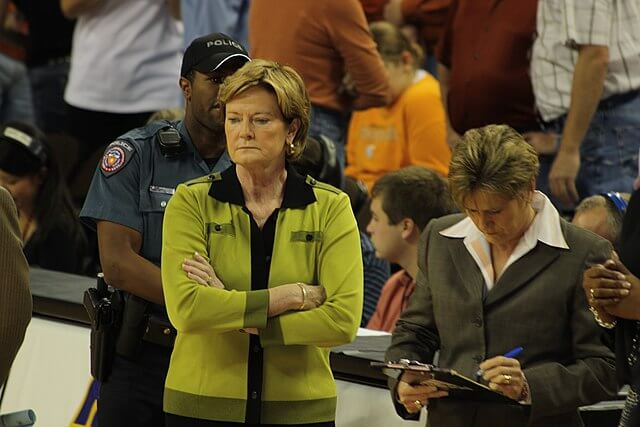
Pat Summitt was a legendary college basketball coach who coached the University of Tennessee women’s basketball team for 38 years. However, before she died in 2016, she revealed that she had been diagnosed with early-onset dementia, Alzheimer’s type. Although Summitt was not a football player, her diagnosis highlights the fact that head injuries and brain damage can affect athletes in many different sports.
10. O.J. Simpson
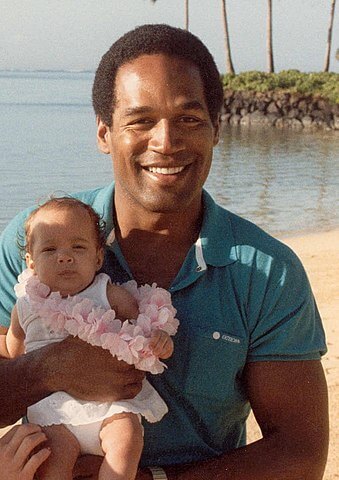
O.J. Simpson is a former NFL running back who played for the Buffalo Bills and San Francisco 49ers. He was known for his speed and agility on the field and was inducted into the Pro Football Hall of Fame in 1985. However, in recent years, Simpson has struggled with memory loss and other symptoms of dementia, which he has attributed to his years of playing football. While Simpson’s diagnosis is controversial and has not been officially confirmed, it serves as a reminder of the ongoing debate about the link between football and dementia.
Conclusion
These players, along with many others, have faced the devastating effects of dementia, which can rob individuals of their memories, independence, and quality of life. While there is still much to learn about the causes and treatments of dementia, their stories serve as a powerful reminder of the need for continued research, awareness, and advocacy in this area.
